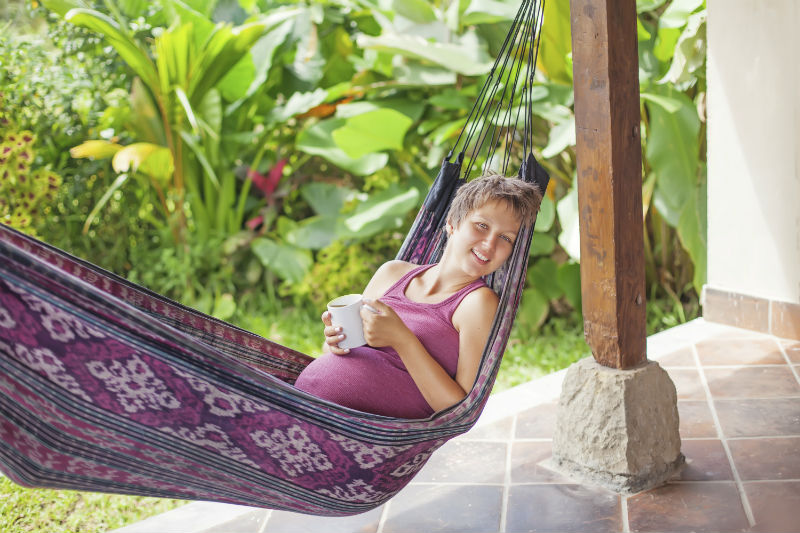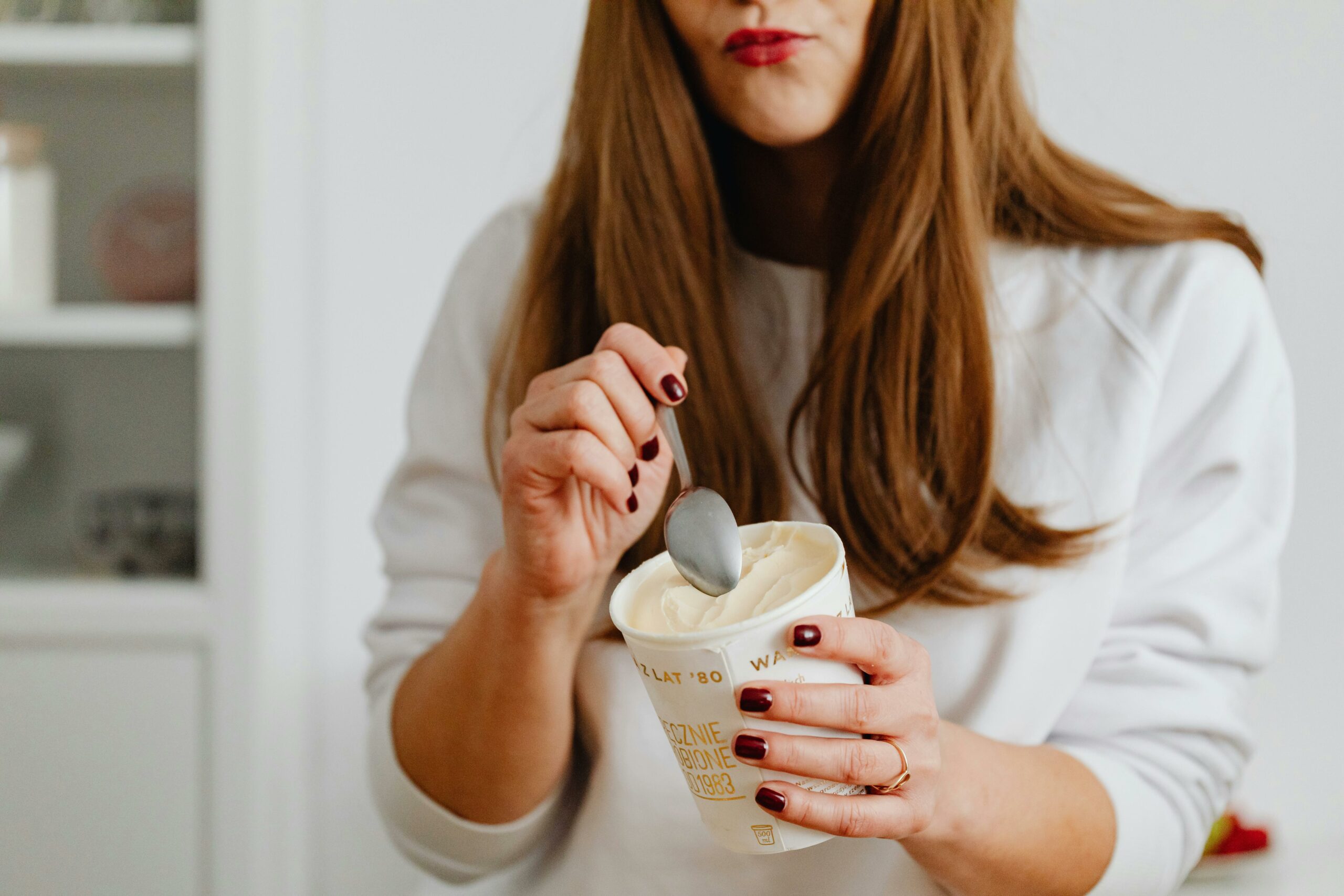You’ve heard them before: those outlandish pregnancy myths touting how women shouldn’t wear heels, listen to rock music, go on long runs and so on. But what about consuming caffeine? Many of us love starting our day with a big cup of coffee—but if you have a little one on the way, you may be wondering if you need to break up with your cup of morning Joe or if the caffeine craze is just another myth. Before you head to Starbucks, Dunkin or your local coffee spot, here’s what you need to know:
What Are The Potential Risks of Consuming Caffeine While Pregnant?
While you may not need to wait nine months to enjoy a small cup of coffee or caffeinated beverage, it’s important to understand the effects caffeine can have on both you and your child. First and foremost, caffeine is a stimulant and affects the body, by making you stay awake. But to do so, caffeine increases blood pressure and heart rate and can alter the amount of urine your body makes in the process. Furthermore, the stimulant can affect both you and your baby as the caffeine passes through the placenta. As it passes, caffeine can decrease the flow of blood to the placenta, which can cause issues for you baby.
Foods and Beverages That Contain Caffeine
While we know coffee and energy drinks are full of caffeine, the stimulant is often lurking in other foods and drinks we don’t expect. Here are some caffeine-containing foods to watch out for:
– Decaf coffee: You might think your cup of decaf is a great alternative to your usual order, but decaf coffee can pack over 20 milligrams of caffeine.
– Soda: Besides being laden with sugar and chemicals, soda can contain a lot of caffeine. Consider swapping your soda for water—it’s a healthy, caffeine-free choice that won’t dehydrate you and your baby.
– Tea: Tea is often thought of as a healthy alternative to coffee and while this may be true, some teas have a high level of caffeine. Make sure you choose a caffeine-free blend.
– Chocolate: Caffeine can lurk within candy bars. In fact, a Hershey’s Special Dark chocolate bar contains 31 milligrams of caffeine.
– Pain relievers: When swollen pregnancy feet beckon, your first reaction might be to reach for an aspirin. Some pain relievers however, have 130 milligrams of caffeine.
So How Much is Too Much?
The less caffeine you consume, the better. While research has found that a small intake of caffeine won’t harm a fetus, studies are mixed. Some experts believe that more than 150 milligrams of caffeine is too much, while others believe that up to 300 milligrams is fine. Because research is mixed, it’s best to consult your OB-GYN or primary care doctor to discuss what’s best for you and your baby.
We’re Here to Answer All of Your Pregnancy Questions
For all of your pregnancy questions, OB-GYN Women’s Centre is here to help. At OB-GYN Women’s Centre, we are dedicated to providing comprehensive care for both you and your baby. Schedule an appointment with us, or contact us today for all of your gynecological needs.




